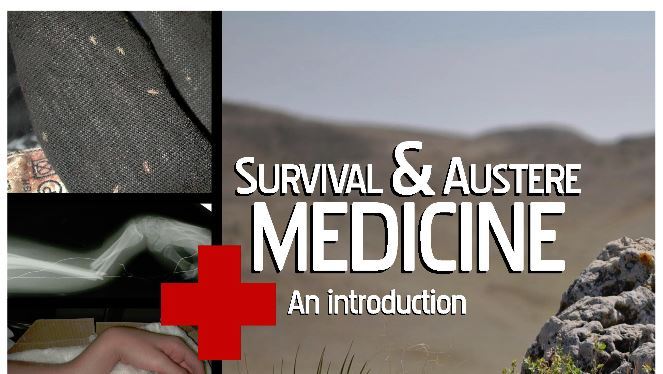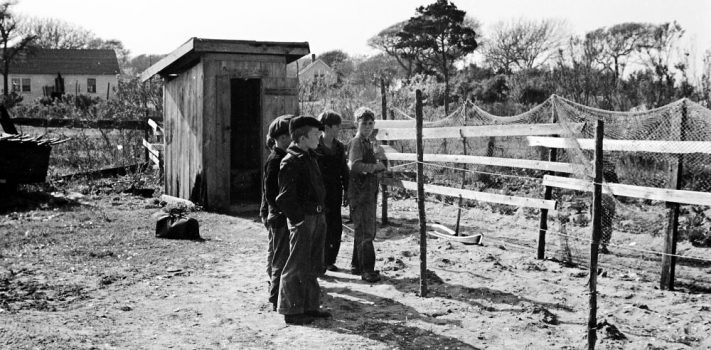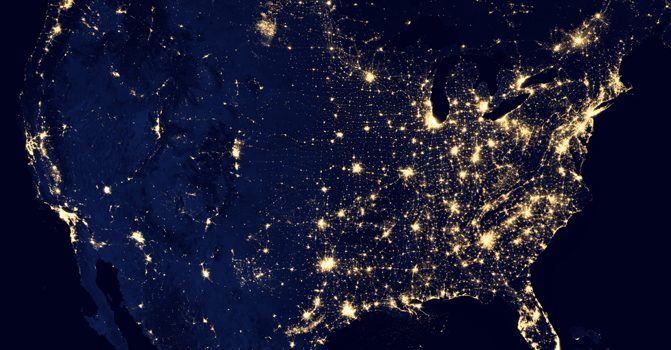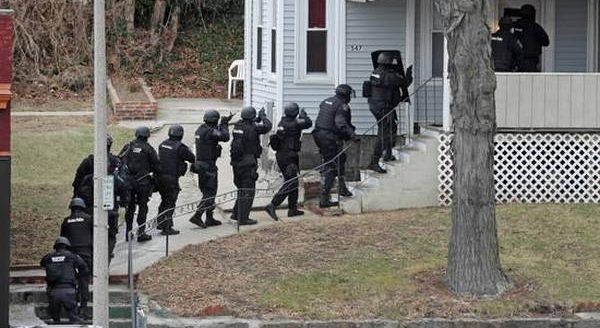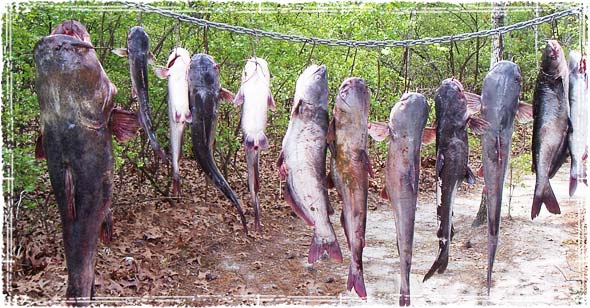Adapting Traditional Medical Care to the Austere Environment, by A.P.T.
…contributions to society must be extended into whatever challenging environments that we may face as society. There are four main differences in your practice that will be very different in the austere environment that must be understood. First, you may need to defer treatment and walk away from patients that you would currently treat aggressively. Second, you will need to get out of the mindset of transport or referral to definitive care. Third, will be the need for improvisation in supplies. Finally, you will need to develop or expand your knowledge of preventative medicine. The overall goal will be to treat what you can, given what you have, and keep minor to moderate medical/trauma conditions from worsening, or better yet, not occurring. It will truly be a mix of modern medicine, public health, wilderness medicine and elements of combat medicine. Your triage, initial assessment and ABCs will be the same…

